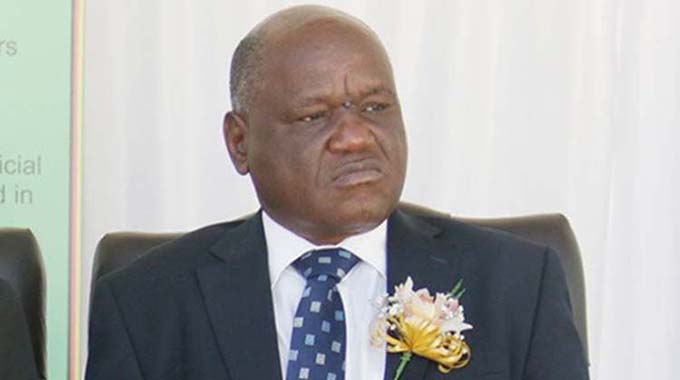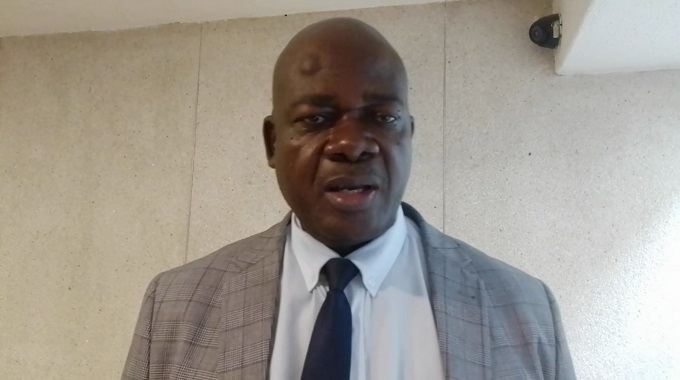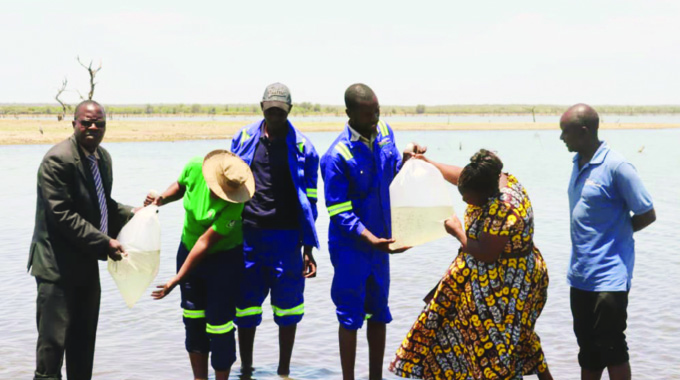
Peter Matika Bulawayo Bureau
THE Judicial Service Commission (JSC) is holding a leadership conference in Victoria Falls as part of efforts to equip its staff and other State departments with leadership skills to ensure an effective world-class justice delivery system.
The conference, which is part of JSC’s efforts to continuously review the law, is being attended by judges and senior JSC officials from across the country.
The symposium is being held under the theme: “Enhancing the efficiency and effectiveness of leadership in the Judicial Service through the implementation of the strategic plan”.
JSC recently held workshops to complement its strategic plans for the 2024 legal year.
In his address, Chief Justice Luke Malaba, said for JSC to deliver justice there must be an understanding of what leadership was and why persons occupied positions of leadership.
“The reasoning is that leaders who are exposed to the standards of leadership and who comply with them are capable of advancing the constitutional objectives of justice delivery. The conference is an instrument for the enhancement of leadership within the judicial service,” he said.
“Leadership within the judicial service is leadership for the people. Such leadership is proactive. If there is proactive leadership within the judicial service, the people stand to benefit.”
Chief Justice Malaba said the obligation to act proactively could only mean one goal for leaders in the judicial service, stating that there must be commonality among them.
“Commonality is the fact of sharing interests, experiences, or other characteristics with someone or something. Exposing all leaders in the judicial service to the same standards of leadership facilitates the emergence of commonality among them,” he said.
Chief Justice Malaba said leaders in the judicial service had share the same essential attributes and qualities.
He said the importance of commonality in justice delivery was located in what justice delivery entailed.
“In terms of justice delivery, all people must be treated fairly. There cannot be unfounded differentiation, and the principle that there must not be differentiation in the delivery of justice places an obligation on those who are responsible for it, that is, on leaders in the Judicial Service,” he said.
Chief Justice Malaba said the presence of stakeholders from different organisations at the conference was testimony to the commonality of justice delivery.
JSC management had to be conscious of the cooperation expected of them with stakeholders to ensure that there is fair play in justice delivery.
“The judiciary and JSC are equally alive to the commonality expected of them and their stakeholders in the administration of justice. It is because of the need to ensure commonality that the integrated electronic case management system (IECMS) was named using the word ‘integrated’,” said Chief Justice Malaba.
“The reason was to show that the system would unite all stakeholders in the justice delivery system.”
The conference would integrate different subject matters impacting the performance of leaders in the judicial service.
Topics to be discussed encompassed visionary leadership, the interplay of judicial and administrative functions, change management for leaders and the development of an ideal leader.
“There is also a presentation on the mid-term strategic plan review. The presentation is expected to generate discussion to pave the way for full appreciation by leaders at different levels of the strategic priorities of the JSC,” said Chief Justice Malaba.
“All the topics slated for the conference point to a deliberate effort to achieve the same standard of leadership among leaders in the Judicial Service Commission. To derive full benefit from the presentations, participants should pay close attention to and conceptualise the presentations.”
The purpose of the knowledge obtained from the conference was not for personal benefit, but for those that stand to have justice from the courts.
“The reality of the matter is that efficient and effective justice delivery depends on the competence and leadership of those who are in judicial offices,” said Chief Justice Malaba. “Therefore, for the people to experience improved justice delivery, the conference was fashioned as a tool for continuously orienting leaders in the judicial service.”
The post JSC moves to ensure world-class justice for all appeared first on Zimbabwe Situation.



